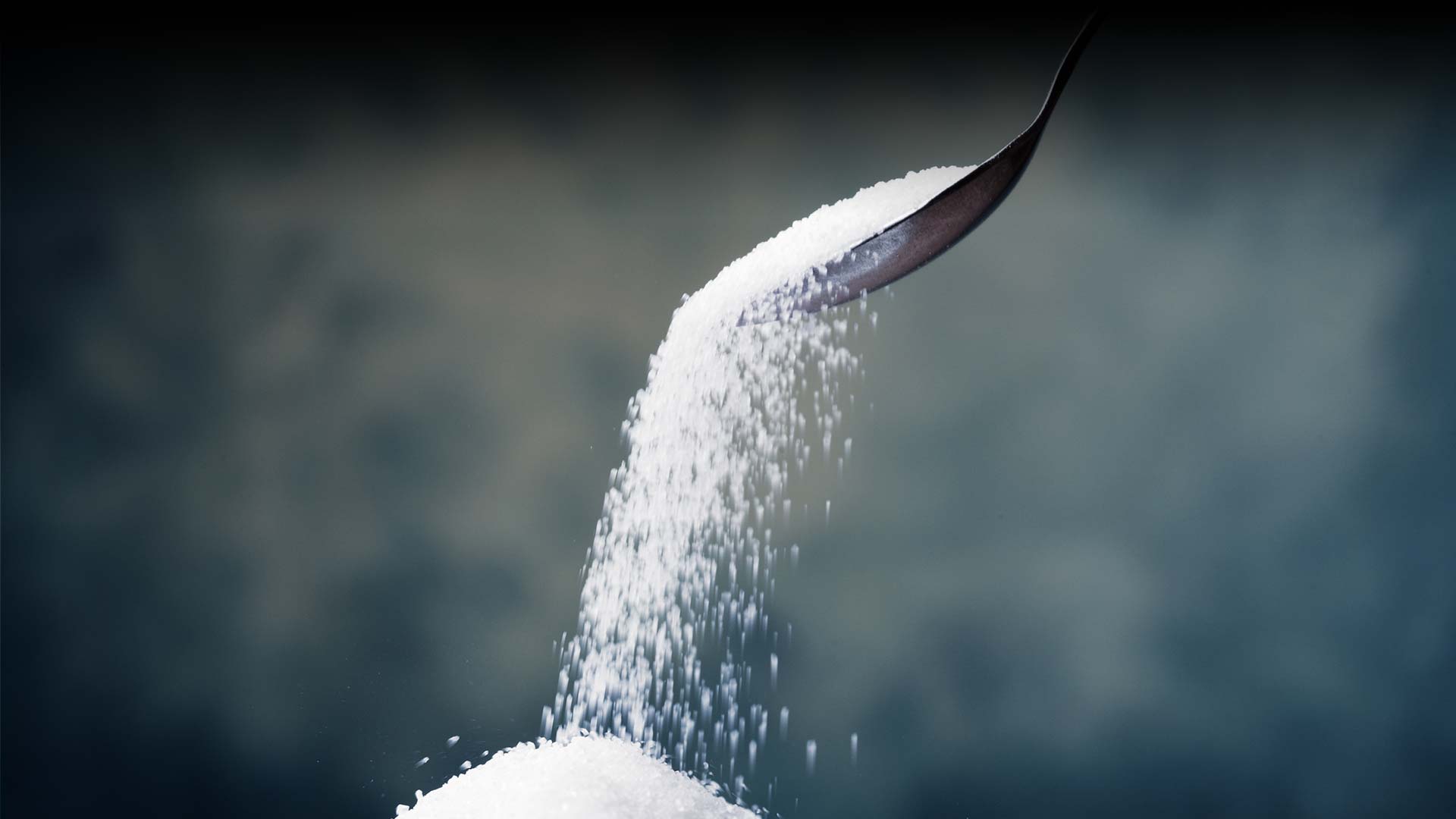Many of us have a sweet tooth. Here are some of the reasons why you should be watching the amount of sugar that you consume.
Often, sugar is present in everyday foods and in large quantities. Given its prevalence, it’s no wonder that so many of us have a sweet tooth. The problem with sugar is that it doesn’t just impact oral health but can affect overall health. Sugar consumption has been linked to a wide range of diseases, including diabetes, cardiovascular disease and non-alcoholic fatty liver disease, and obesity.
However, sugar occurs naturally in many foods such as fruits and vegetables, dairy products and grains, and consuming these foods is desirable for good overall health. Fruits and vegetables contain essential minerals and antioxidants and have high amounts of fibre. Dairy products contain calcium and protein. Problems can occur when you consume too much sugar that has been added by food manufacturers to help improve flavour or to lengthen the shelf life.
The Role of Sugar in Tooth Decay
Dr. Mackie and the dental team here at Bel Canto are often asked about the role of sugar in the development of tooth decay, but sugar doesn’t directly cause cavities as the culprit is acid. When you eat something sugary, bacteria that naturally live in the mouth consume leftover sugars, producing acid as a waste product. While tooth enamel is strong, it cannot resist repeated exposure to acid. The acid demineralizes or decalcifies enamel, removing essential minerals like calcium and phosphorus. As the mouth becomes less acidic, some minerals are redeposited back into tooth enamel during remineralization. However, eventually repeated exposure to acid weakens the enamel to such an extent that it creates a hole or cavity.
The problem with sugar is that it doesn’t just impact oral health but can affect overall health.
It’s Not Just Sugar That Causes Cavities
Most people know that eating too much sugar can cause cavities but far fewer realize that eating fermentable carbohydrates like crackers and Goldfish will also cause tooth decay. These carbohydrates easily break down into sugars in the mouth, allowing bacteria to feast on the leftovers.
Reducing the Impact of Sugar on Teeth
Foods that often contain high amounts of sugar include flavoured yogurts, soft drinks and fruit juice, cereal, cookies and cakes. However, sugar is often present in savoury foods like ketchup, soups and bread, and cured meats. Generally, if sugar is near the top of the list of ingredients, it’s worth being cautious when consuming this food and getting into the habit of reading food labels.
If you want something high in sugars, have it as part of a main meal. Snacking frequently on high sugar foods provides cavity-causing bacteria with a constant supply of nutrients. Instead of a sweet dessert, choose cheese instead as it is an excellent way to buffer acids in the mouth after eating. Cheese helps neutralize acids and reduces the impact on your teeth.
Drink plenty of water, as it is by far the best drink for rehydration, ensuring you produce plenty of saliva. It’s especially good after eating anything sticky or sweet. The longer food remains on your teeth, the more time bacteria can feast on the leftovers, producing more acid. When you drink water after a meal, swish it vigorously around your mouth to help wash away as much of the remaining food as possible.
What About Artificial Sweeteners?
Approach artificial sweeteners with caution as they can affect the body’s ability to regulate blood sugar levels. It’s thought this effect could be due to changes to intestinal bacteria and that artificial sweeteners might be more addictive than sugar. There are some alternative sweeteners that are a bit safer, including xylitol. Xylitol also helps inhibit the growth of cavity-causing bacteria. Other more natural sweeteners include monk fruit sugar and Stevia.



